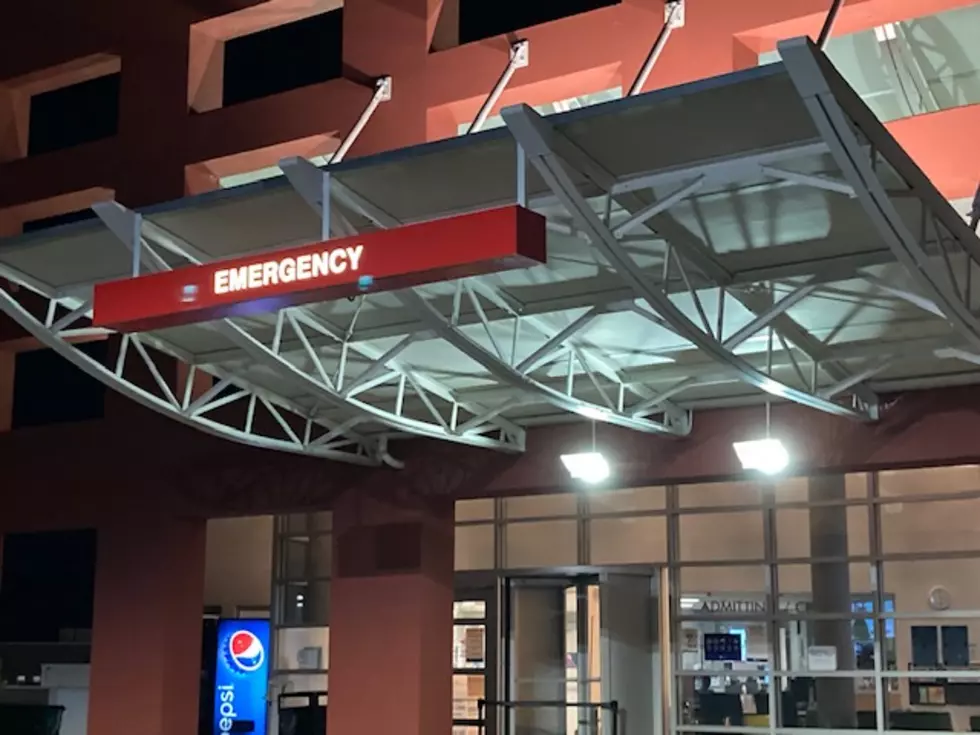
Revised Nurse Staffing Bill Signed into Law
A bill that would hold hospitals accountable for their own nurse staffing standards was signed into law Thursday.
Engrossed Second Substitute HB 5236 was asking for more regulation on hospital staffing standards, along with amending meal/rest breaks and overtime provisions for health care employees.
Earlier in the 2023 Legislative Session, stakeholders debated on the proposed nurse-to-patient ratios in the bill.
Opponents claimed that this bill would create strict staffing ratios and reduce access to healthcare, while supporters claimed that it would hold hospitals accountable and prevent nurse burnout.
Confluence Health’s Chief Nursing Officer Kelly Allen said the proposed nurse-to-patient ratios were too rigid and were not feasible with the amount of nurses currently available within the state.
“It's not a not a mystery to anyone that we have a nursing shortage in Washington State,” Allen said.
Back in January, two nurses/union officers working at Confluence Health expressed their own problems with understaffing and burnout in the workplace.
Allen said the pipeline between educating nurses and employing nurses is broken and that the proposed nursing ratios in the bill needed a firm foundation before potentially limiting access to healthcare.
“You can't build a house without a foundation, and the foundation of nursing is nursing education,” Allen said. “If there are not enough nursing programs, and if they are not funded well enough by the state, you have no foundation.”

SB 5582, a bill expanding educational opportunities for prospective nurses was also recently signed into law.
Washington State Nurses Association’s (WSNA) Director of Government Affairs Kathryn Weiss said that nurse staffing has been a problem for several years and that hospitals have already had to close down units due to lack of care personnel.
Weiss said that hospitals were generally looking to maintain the status quo, while their union wanted more substantial reform.
“We really wanted a drastic solution for this really drastic problem that we've been seeing in which nurses and healthcare workers have been burning out at extraordinary rates because they've been asked to take on more and more patients, more and more responsibility,” Weiss said.
Although the proposed nurse-to-patient ratios were removed, hospitals would still need to set their own staffing standards, follow them, and report their findings to the Department of Health.
In 2008, legislators passed a law requiring all hospitals to have a staffing committee and was revised in 2017.
Weiss said there has been minimal accountability from hospitals on submitting staffing reports since that revision.
“One of the things that one of the amendments did was increased enforcement around those staffing plans so that if hospitals fail to create or submit those staffing plans and submit them to the Department of Health, there will now be consequences,” Weiss explained.
Hospitals would need to comply with their staffing plans 80% of the time.
According to the bill, the Department of Health (DOH) could fine hospitals $10,000 a month if they fail to post staffing plans or meet their own set standards.
Hospitals can begin drafting a staffing plan on July 1, 2025.
More From The Quake 102.1









